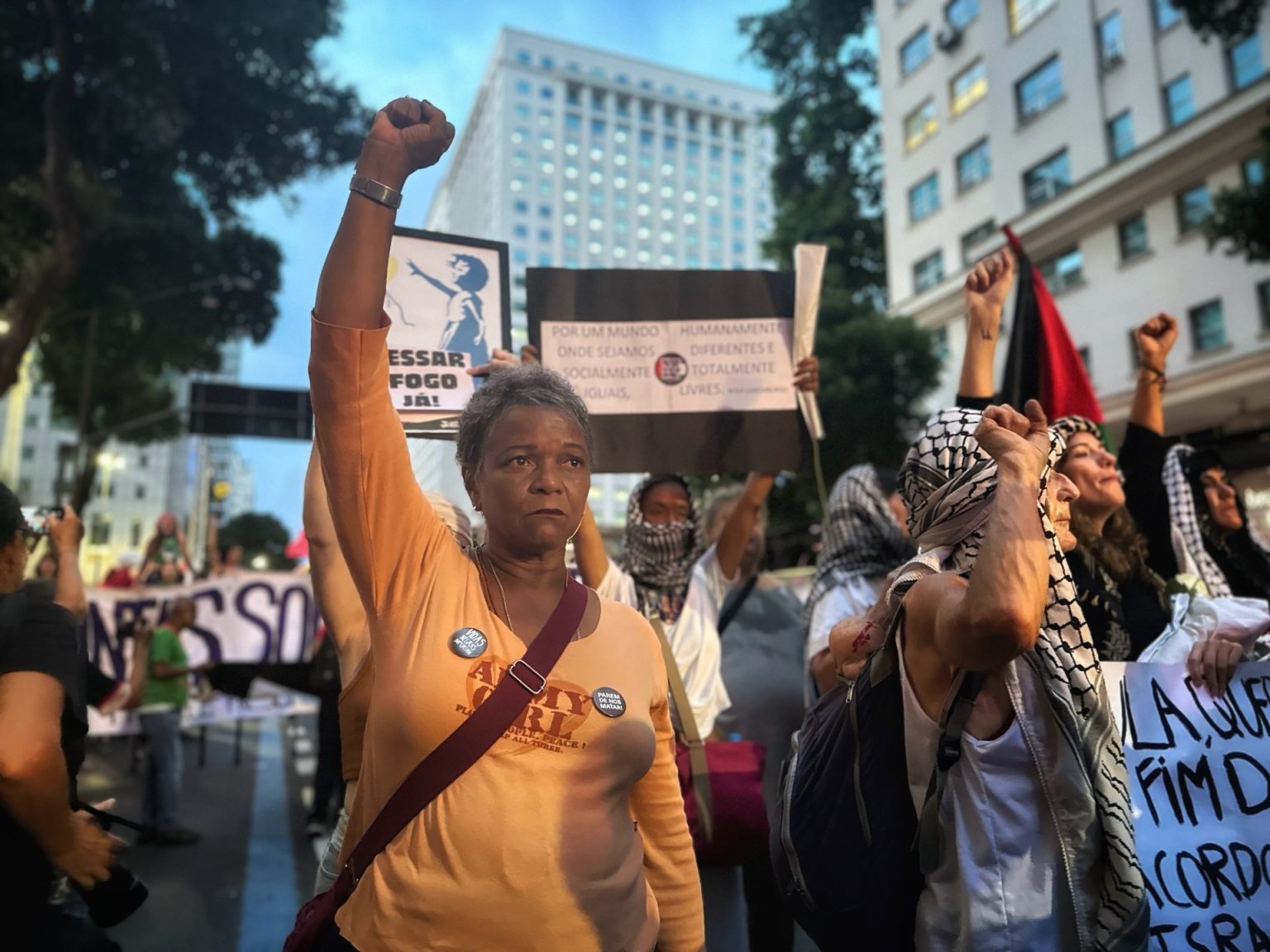In 2019, Mariana Leal de Souza, a Black woman from Sao Paulo, Brazil, was faced with an unwanted pregnancy after the loss of her teenage son. Despite not being mentally or financially prepared for another child, Brazilian laws only allowed abortion in cases of rape, risk to the mother’s health, or severe fetal malformations. Unable to access legal abortion services, she resorted to an illegal termination using underground medication. The experience was agonizing, leading to complications and fear for her life until she finally sought medical assistance at a public hospital, where it was discovered that she was carrying twins and had only partially expelled the fetus.
Brazil has strict laws criminalizing abortion, with only 5 percent of procedures being performed legally. Poor women, particularly Black and marginalized women, bear the brunt of these laws, facing imprisonment if caught terminating their pregnancies. Studies have shown that Black women are 46 percent more likely than white women to resort to unsafe abortion practices. Efforts to change these laws have been met with resistance, but a growing feminist movement has been advocating for the decriminalization of abortion, drawing inspiration from movements in neighboring countries and in response to the conservative policies of President Jair Bolsonaro.
Evangelical Christianity has also emerged as a significant influence in shaping attitudes towards abortion in Brazil. With one in three Brazilians identifying as evangelical, the growth of these churches has contributed to discouraging low-income women from seeking abortions. Evangelicals have been known to expose women seeking abortions, creating a culture of fear and silence around the issue. Their influence extends to the political realm, where evangelical lawmakers hold significant power in shaping policies related to abortion.
Despite the efforts of the feminist movement and the push for decriminalization in the Supreme Court, conservative politicians and anti-abortion campaigns continue to influence public perception of abortion in Brazil. While Chief Justice Rosa Weber voted in favor of decriminalizing abortion up to the 12th week of pregnancy, the process was halted by another judge, Luis Roberto Barroso. Barroso supports decriminalization but believes more deliberation and engagement with the public is needed to shift attitudes towards abortion. The path towards decriminalizing abortion in Brazil remains complex, involving legal, political, and societal factors that need to be addressed to ensure reproductive rights for all women.


